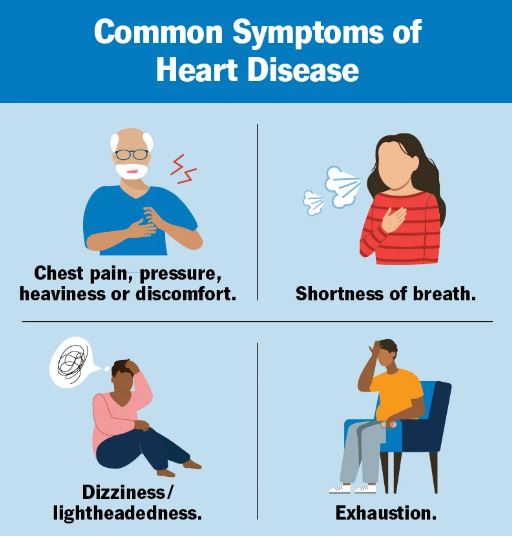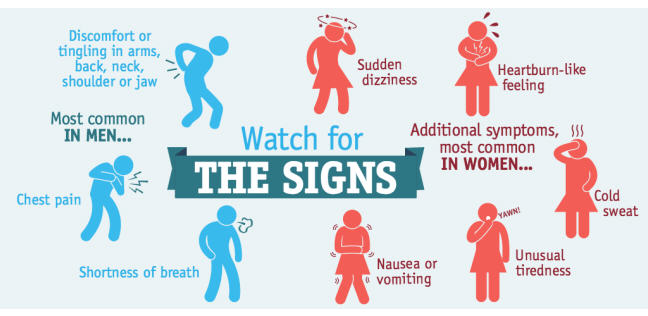Heart disease is a general term for any condition that affects the heart. There are many different types of heart disease, but the most common are coronary artery disease (CAD), arrhythmia, and heart failure.
- Coronary artery disease is the narrowing of the coronary arteries, which supply blood to the heart. This narrowing can be caused by a buildup of plaque, a fatty substance that can clog the arteries. CAD can lead to a heart attack, which is when the blood supply to part of the heart is blocked.
- Arrhythmia is an irregular heartbeat. There are many different types of arrhythmias, and some of them can be serious. Arrhythmias can cause chest pain, shortness of breath, and fainting.
- Heart failure is a condition in which the heart cannot pump enough blood to meet the body’s needs. Heart failure can be caused by a number of things, including CAD, arrhythmia, and high blood pressure.
Heart disease is the leading cause of death in the United States. There are many risk factors for heart disease, including high blood pressure, high cholesterol, smoking, diabetes, obesity, and physical inactivity. There are also some things that you cannot control, such as your age, gender, and family history.
There are many things that you can do to reduce your risk of heart disease, such as eating a healthy diet, exercising regularly, not smoking, and controlling your blood pressure, cholesterol, and blood sugar levels. If you have any risk factors for heart disease, it is important to talk to your doctor about ways to reduce your risk.

The main causes of heart disease are:
- Coronary artery disease (CAD): CAD is caused by a buildup of plaque in the coronary arteries, which supply blood to the heart. Plaque is a fatty substance that can narrow or block the arteries, reducing blood flow to the heart. This can lead to chest pain (angina), a heart attack, or heart failure.
- High blood pressure: High blood pressure puts extra stress on the heart and arteries, making them more likely to harden and narrow. This can lead to CAD, heart failure, stroke, and kidney disease.
- High cholesterol: High cholesterol levels, particularly high levels of low-density lipoprotein (LDL) cholesterol, contribute to the buildup of plaque in the arteries.
- Diabetes: Diabetes damages the arteries and nerves, and it also increases the risk of high blood pressure and high cholesterol.
- Smoking: Smoking damages the arteries and makes them more likely to clot. It also lowers the level of high-density lipoprotein (HDL) cholesterol, the “good” cholesterol that helps protect against heart disease.
- Obesity: Obesity is a risk factor for high blood pressure, high cholesterol, diabetes, and sleep apnea, all of which can contribute to heart disease.
- Physical inactivity: Lack of exercise increases the risk of high blood pressure, high cholesterol, obesity, and diabetes.
- Family history: People with a family history of heart disease are at an increased risk of developing the condition themselves.
Other factors that can increase the risk of heart disease include:
- Age: The risk of heart disease increases with age.
- Gender: Men are more likely than women to develop heart disease, particularly at younger ages. However, women are more likely than men to die from heart disease.
- Race and ethnicity: African Americans, Hispanics, and American Indians/Alaska Natives are at increased risk of heart disease.
- Certain medical conditions: Certain medical conditions, such as sleep apnea, kidney disease, and lupus, can increase the risk of heart disease.
It is important to note that heart disease is often caused by a combination of factors. For example, a person who smokes, has high blood pressure, and is overweight is at a much higher risk of heart disease than someone who has only one of these risk factors.
Making healthy lifestyle changes, such as eating a healthy diet, exercising regularly, and not smoking, can help to reduce the risk of heart disease. If you have any risk factors for heart disease, it is important to talk to your doctor about how to manage them.

